Meet the Team
The Multidisciplinary Team
Obesity is a complex disease that affects all aspects of health. There are many different and overlapping contributing factors, so working with a team of different specialists means that people living with obesity will benefit from more eyes and ears, the insights of different bodies of knowledge, and a wider range of skills.
Clinical team members can include dietitians, physiotherapists, psychologists, occupational therapists, social workers, specialist nurses, bariatric physicians (medical doctors with expertise in managing obesity) and bariatric surgeons (surgeons who are experienced in performing bariatric surgery). The administration team are very important members of the team as they support the clinical team to deliver care on a daily basis. Team member roles complement each other, and contribute to the goal of providing the highest quality of medical care.
Administration team
The admin team will be most people’s first point of contact with the service. The telephones in the service are monitored daily between the hours of 08.00 – 16.00 and due to the number of incoming calls it is likely that you will need to leave a voicemail, or you could email us on info@schcom.ie
We aim to ensure that all queries are responded to within two working days.
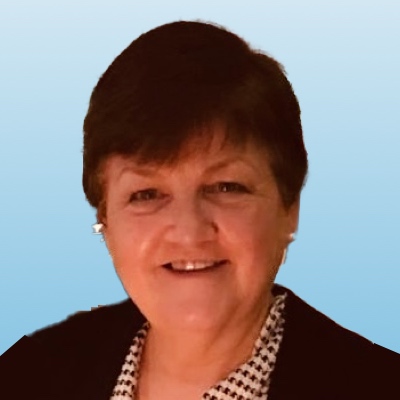
Miriam

Margarete
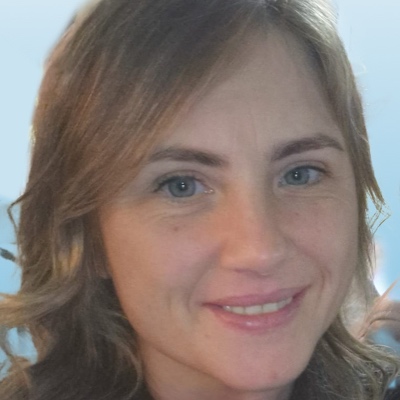
Ciara
Dietetics
Dietitians work with people living with obesity to find the best nutrition plan for their physical and mental health. We use an approach called ‘Medical Nutrition Therapy’ – we assess each person’s individual nutrition needs, work out an individualised plan for how nutrition fits into the management of their disease, and then support people to put that into practice with the foods they eat each day.

Mallory Noone

Cathy Breen
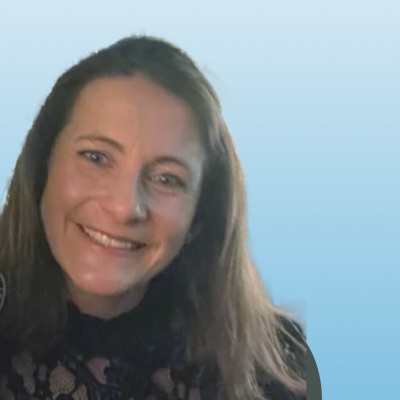
Amanda Rhynehart

Sarah O'Keeffe
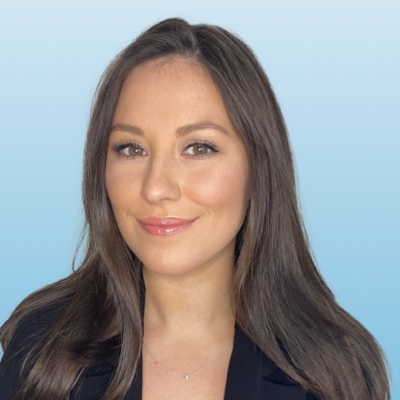
Rachel Crossan

Isha Sant
Nursing
The role of the nurse in the Centre for Obesity Management is to support you during your time attending this service.
As you progress through your journey with us, we may discuss different treatment options with you, such as medications, or bariatric surgery, or admission to the Inpatient rehabilitation unit. We will provide you with appropriate assessment, information, guidance and education in relation to these areas, and other queries or concerns that you may have.
We also provide education and support with management of other illnesses associated with obesity, for example Obstructive Sleep Apnoea and Hypertension

Claire Kearney
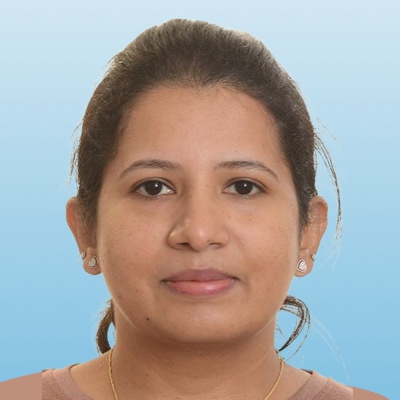
Joicy John
Occupational Therapy (OT)
During your journey you may be referred to Occupational Therapy (OT).
Occupational Therapists help enable you to engage in meaningful activities and occupations which you may have difficulty with, such as self-care (e.g. showering, toileting, dressing), managing domestic tasks and engaging in work, education and leisure activities.
We will work with you to optimise your independence and we can help empower you to achieve a balanced, daily routine which is individualised, meaningful and sustainable for you. We may offer you advice on how to adapt an occupation or the environment to better support you, or provide advice on assistive devices or equipment which may be helpful.
If appropriate, we may also recommend onward referral to community services such as community occupational therapist in your area, or other relevant teams.
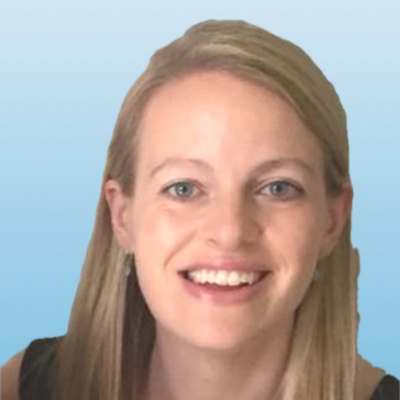
Rosalind Peart

Avril Dillion
Physicians
Medical doctors work with the support of the multidisciplinary team. You will meet the doctors at your first visit to discuss your medical history and your current medical conditions.
It is important to bring a list of your current medications with you to your first visit with the team. We will review this list to see if there are any medications that may be contributing to weight gain.
The doctor will assess if you can start a medication for obesity treatment.
If you are a suitable candidate for bariatric surgery you will meet the medical team before and after surgery to ensure you are well, and to review any problems you may be experiencing.
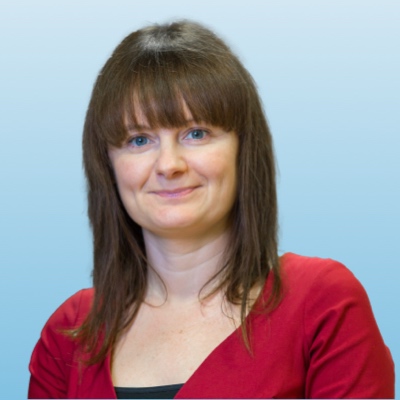
Dr Jean O’Connell

Prof. Donal O’Shea
Physiotherapy
Physiotherapy will help you to restore normal physical function and mobility that may have been impacted by the disease of obesity. We aim to help you to better understand and manage your pain and we will assist you in resourcing the right mobility aid for you if needed.
We will work with you to address sleep challenges, including disordered breathing and Obstructive Sleep Apnoea (OSA). If you are affected by leg swelling (oedema) we will discuss treatment options with you.
We offer invitation to monthly “Movement Club” in collaboration with the Irish Coalition for People Living with Obesity (ICPO).
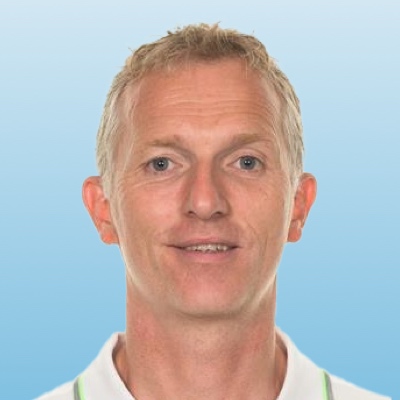
Colin Dunlevy
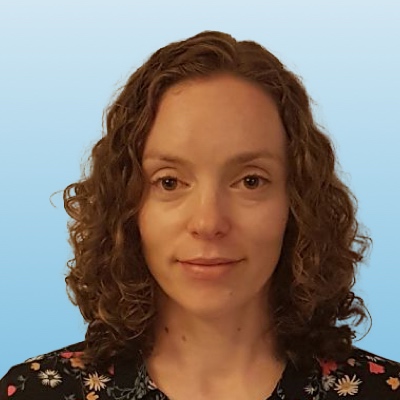
Emer O' Malley
Psychology
Psychology will help you to identify factors in your personal history and current circumstances that may influence how you manage obesity. We pay attention to your life story, any traumatic experiences you may have had, the role of emotions in your eating habits, and your current mental wellbeing.
We screen for binge eating disorder, depression, anxiety and substance use, and support you to make changes where needed, as well as refer you to other mental health services. For those patients interested in exploring bariatric surgery, it is vital that all of these areas are properly addressed.
Some people will not need to work with a psychologist during their time in the service. If psychological support is required for you, the level of support offered will depend on your particular needs. Sometimes, we will recommend referral to another specialist or to your local mental health service.
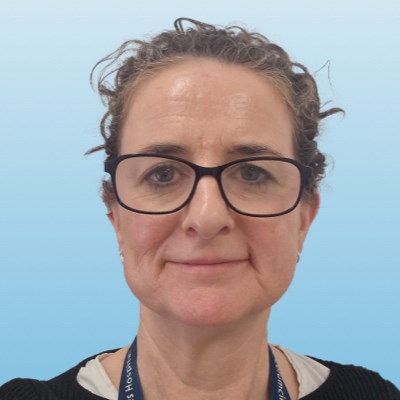
Cara O'Grada
Surgeons
Not every patient attending the centre will be suitable for or want to undergo bariatric surgery.
If after working with the team you are suitable and ready for bariatric surgery you will meet the surgical doctors. They will discuss with you the different types of surgeries, including the potential benefits and risks of surgery. The surgeons will discuss what option they feel is right for you.
Patients who choose to undergo surgery need to attend a follow-up clinic for at least 2 years after surgery, for review by the surgeons, physicians, dietitians, and other members of the team as needed.

Prof. Helen Heneghan

Ms Naomi Fearon
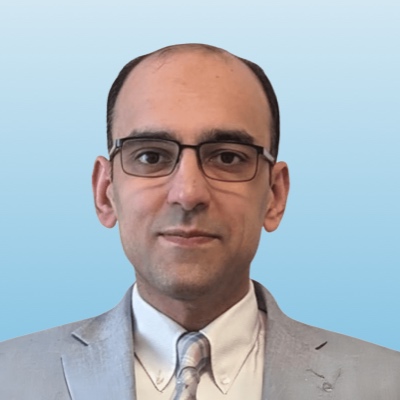
Mr Waqas Butt
Social Work
There is one Social Worker in the Centre for Obesity Management. The role of the Social Worker is to support people in areas of their lives that impact their health, known as the ‘social determinants of health’. These are the non-medical factors that influence health outcomes.
The Social Worker works alongside the rest of the team to support people to get the best health outcomes for them throughout the programme.
The Social Worker runs a once a month Social Protection and Housing advice clinic to support patients who need advice on how to access supports through the Department of Social Protection, or who need advice around housing. If you wish to access this clinic please ask at your next appointment.

